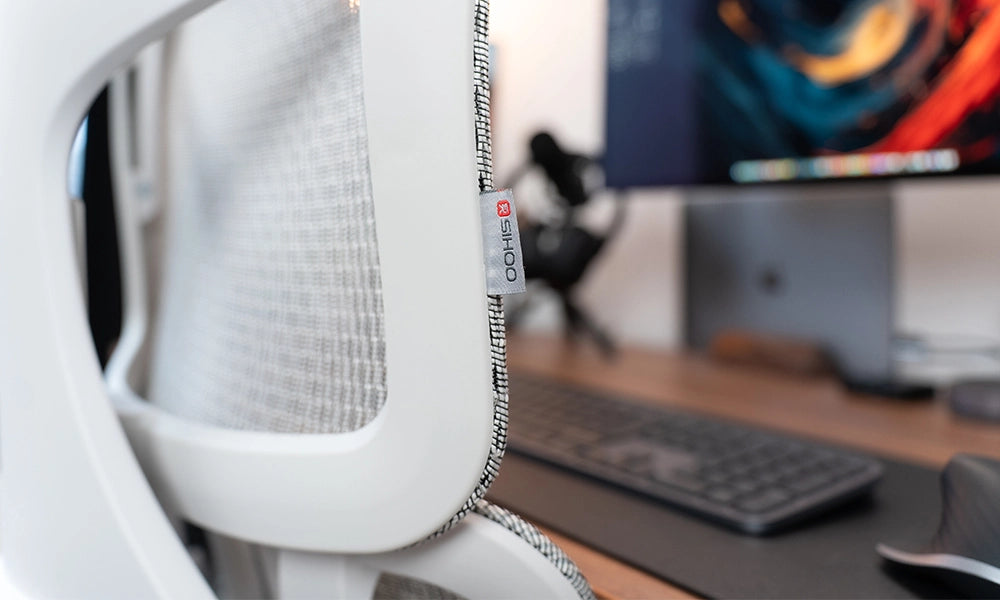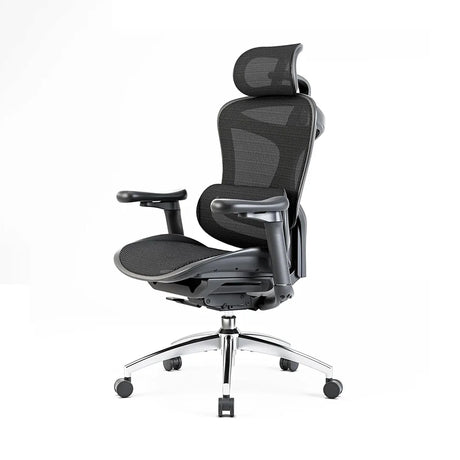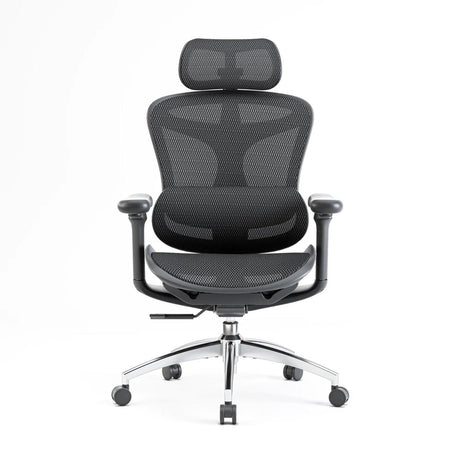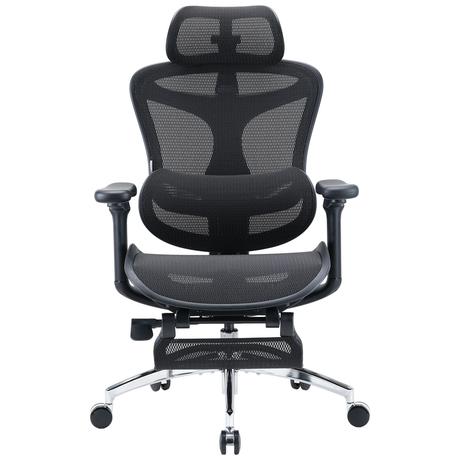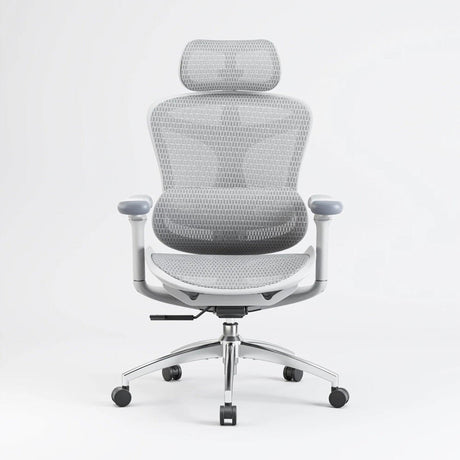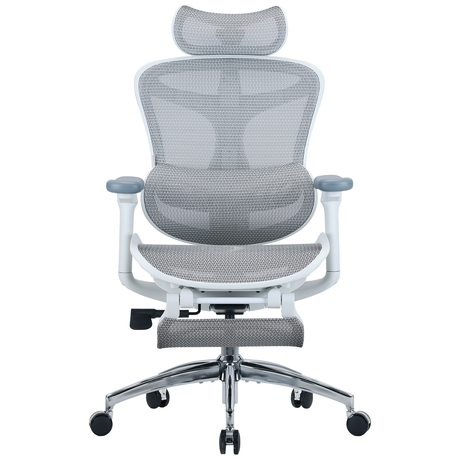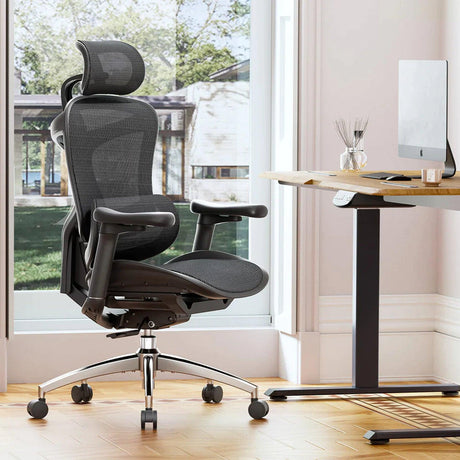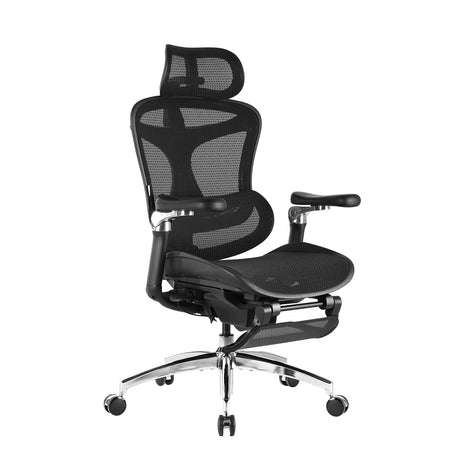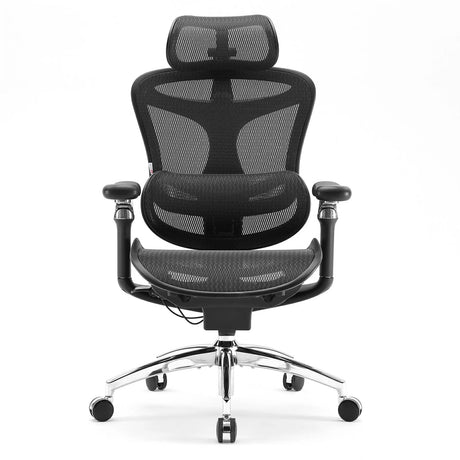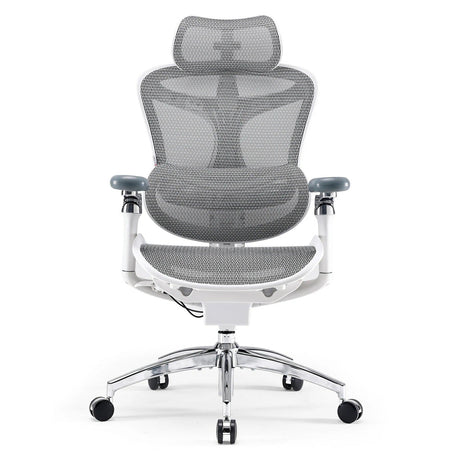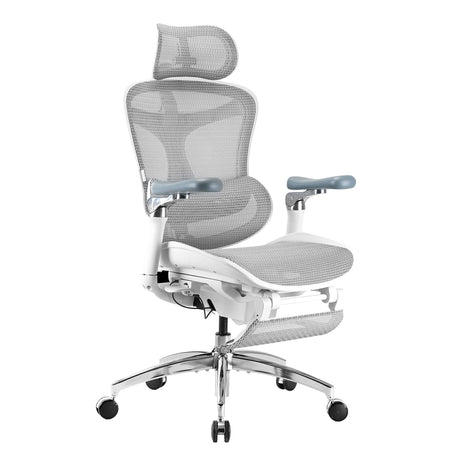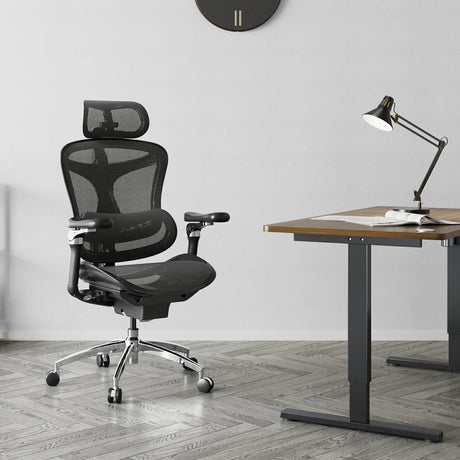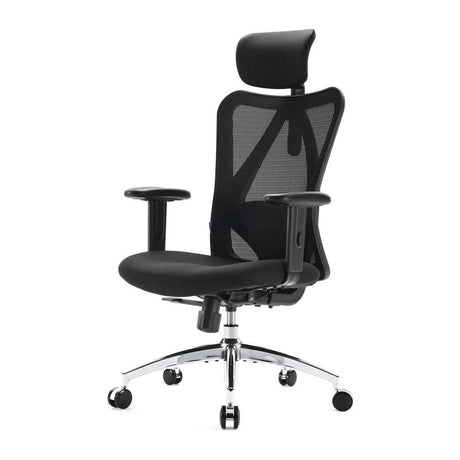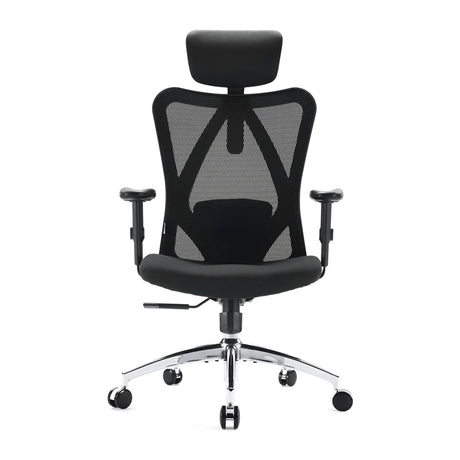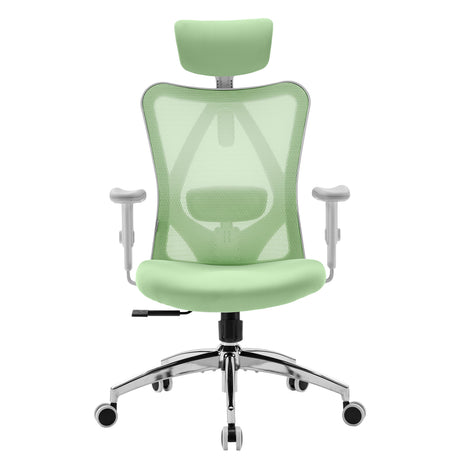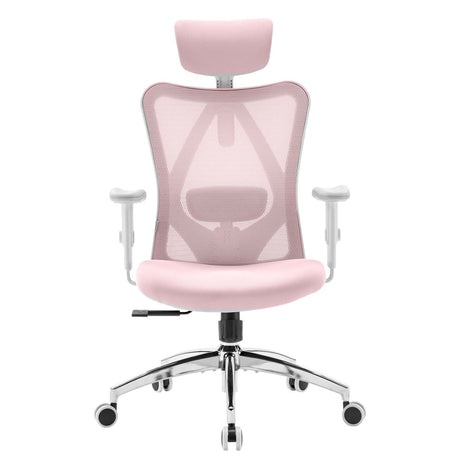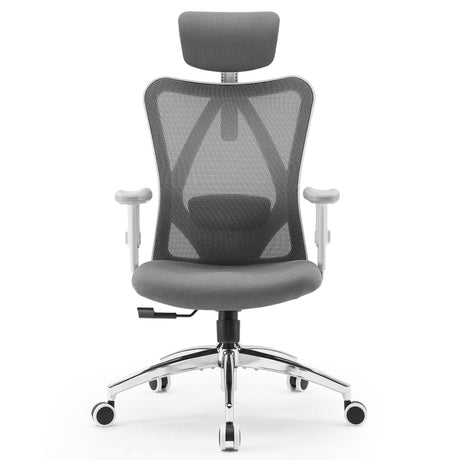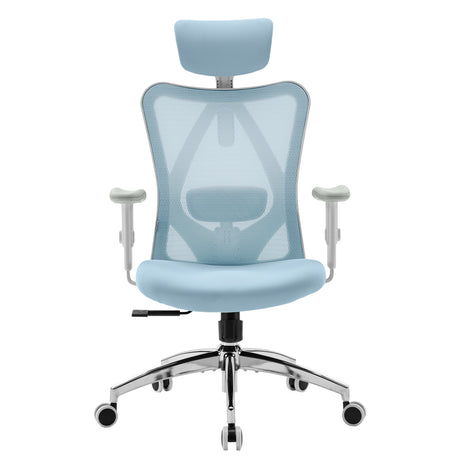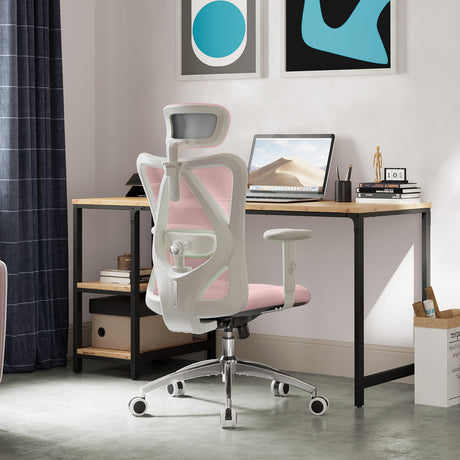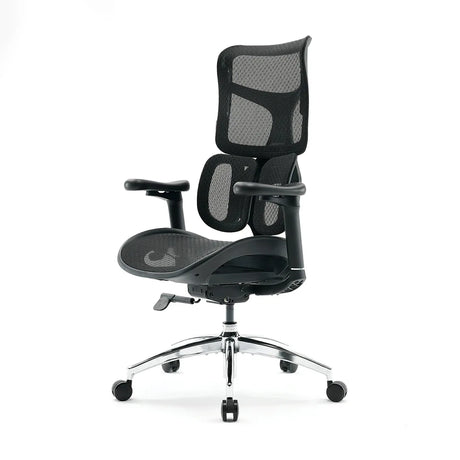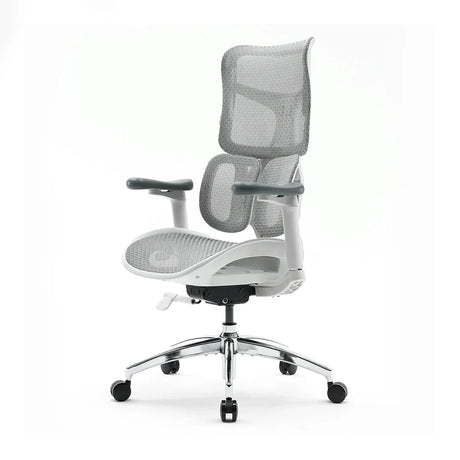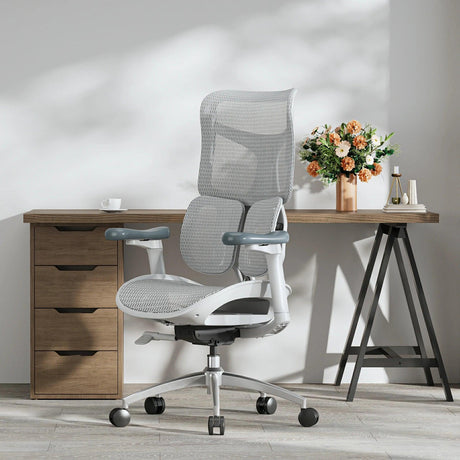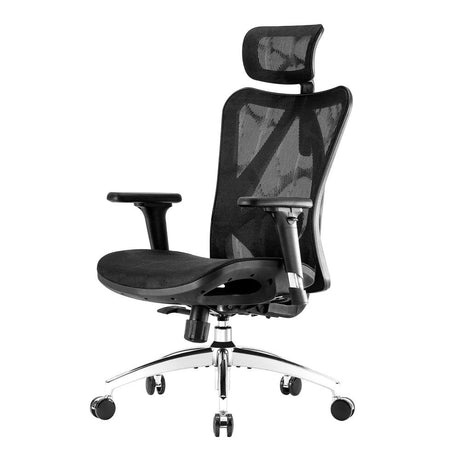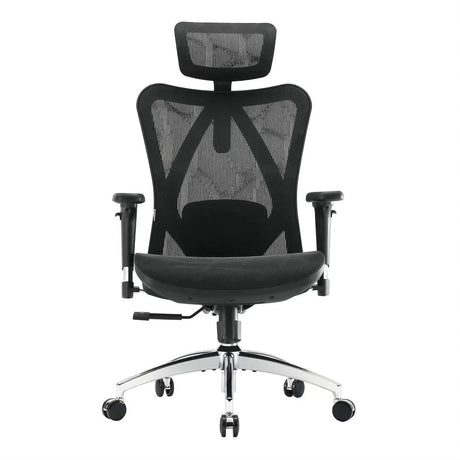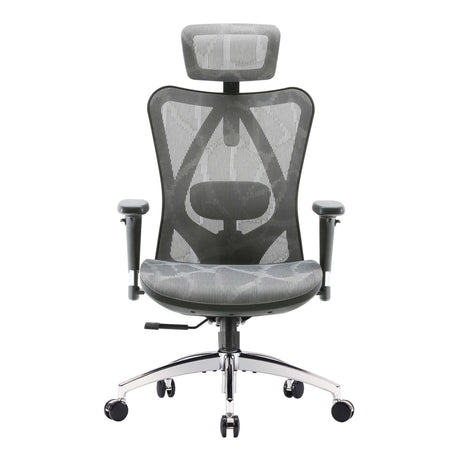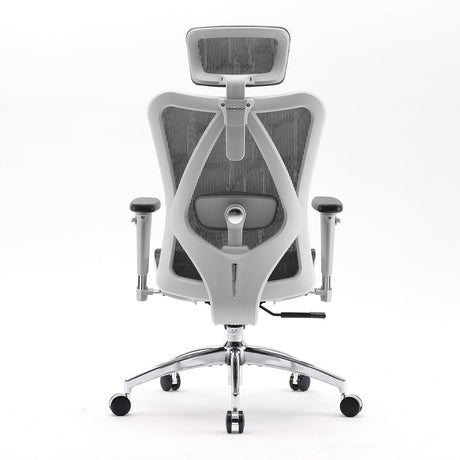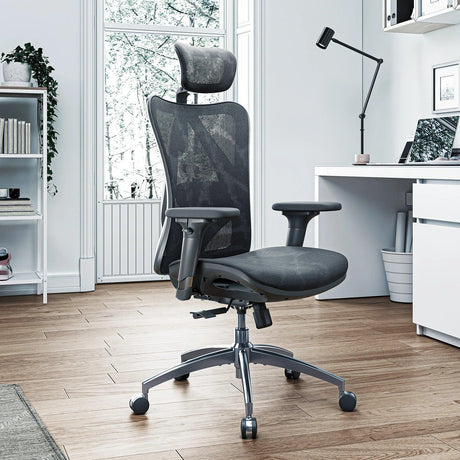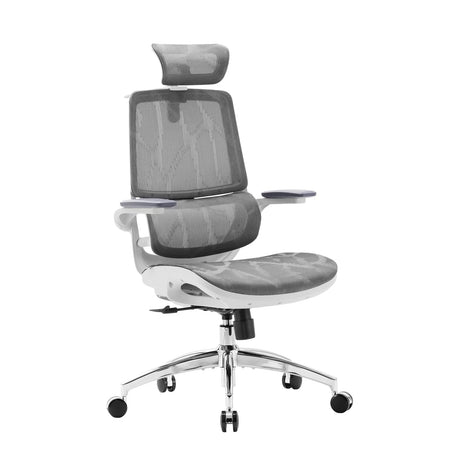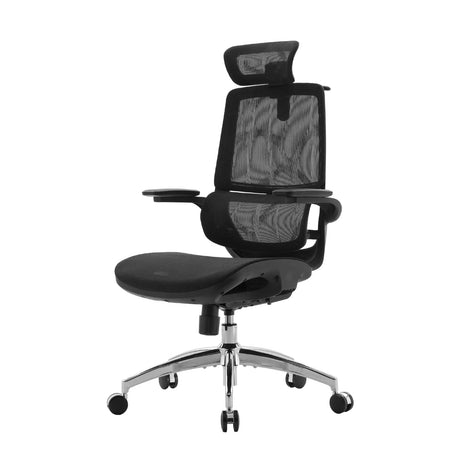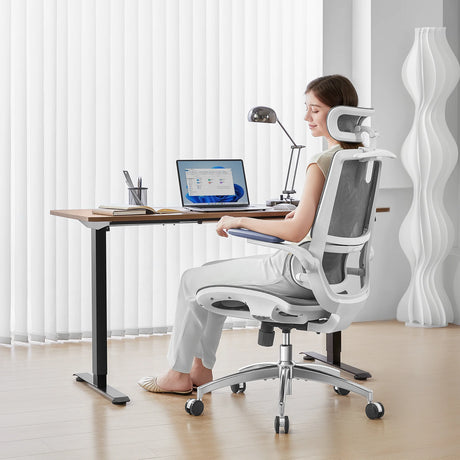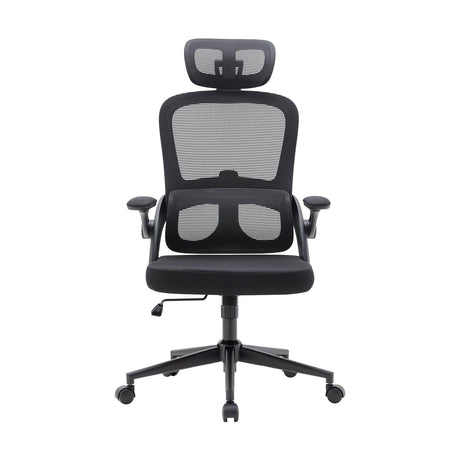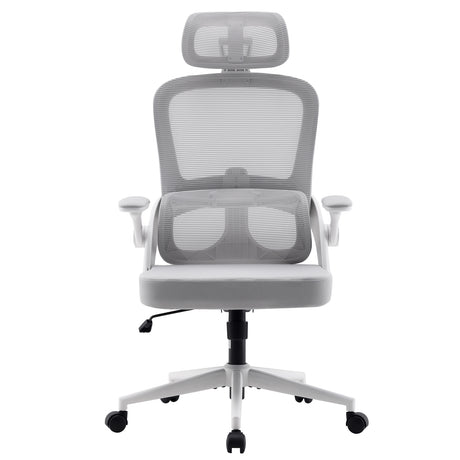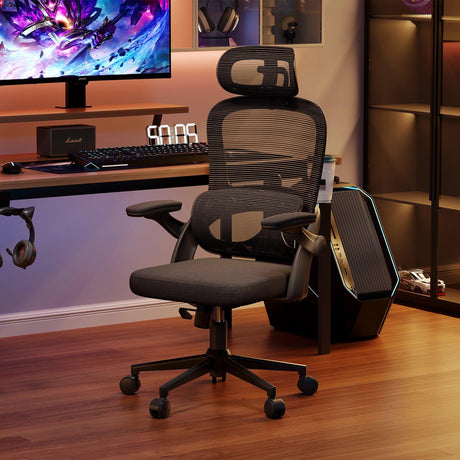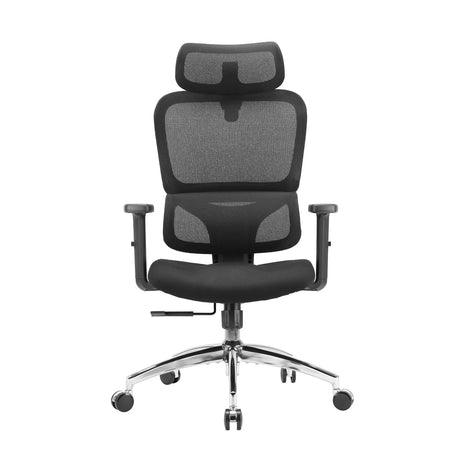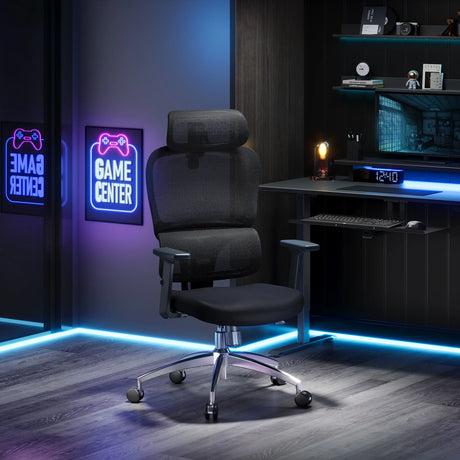In the modern workplace, where comfort, productivity, and employee well-being are paramount, selecting the right office chair is crucial. Whether you're setting up a home office or outfitting a corporate space, investing in high-quality office chairs is more than just a matter of aesthetics—it's about enhancing productivity, preventing health issues, and promoting a positive work environment.
Understanding the Importance of Quality Office Chairs
Office chairs are not mere pieces of furniture; they directly impact the health and performance of employees. A well-designed chair provides adequate support to the spine, promotes good posture, and reduces the risk of musculoskeletal disorders such as back pain and neck strain. Moreover, comfortable seating can boost morale and overall job satisfaction, leading to increased productivity and reduced absenteeism.
Key Features of High-Quality Office Chairs
When shopping for office chairs, several key features distinguish high-quality options from the rest:
- Ergonomic Design: Ergonomics is crucial for long-term comfort. Look for chairs with adjustable lumbar support, seat height, armrests, and tilt mechanisms. These features allow users to customize their seating position to maintain proper posture throughout the day.
- Material and Durability: Opt for chairs made from durable materials like high-quality mesh, leather, or fabric upholstery. The base and frame should be sturdy and capable of supporting varying weights over extended periods.
- Comfort and Support: Cushioned seats with adequate padding, breathable fabric, and contoured designs contribute to comfort. Chairs that distribute weight evenly and provide ample support to the lower back are ideal.
- Adjustability: A good chair should offer multiple adjustment options to accommodate different body types and preferences. This includes adjustable seat height, armrest height, lumbar support depth, and recline tension.
- Mobility: Smooth-rolling casters and a swivel base enable easy movement and access to different areas of the workstation without straining or twisting.
- Aesthetic Appeal: While functionality is paramount, the aesthetic appeal of the chair should complement the office environment. Choose colors and designs that align with your workspace's decor and corporate culture.
Types of Office Chairs
Office chairs come in various types, each suited to different needs and preferences:
- Executive Chairs: Typically larger with high backs, executive chairs offer plush cushioning and are suitable for long hours of use.
- Task Chairs: Designed for everyday use at desks or workstations, task chairs prioritize ergonomic features and adjustability.
- Mesh Chairs: Known for breathability and flexibility, mesh chairs are lightweight and offer excellent lumbar support.
- Ergonomic Chairs: Specifically designed to promote good posture and reduce strain, ergonomic chairs often have adjustable lumbar support and other ergonomic features.
- Conference Chairs: These are usually sleek and comfortable, designed for use in meeting rooms or conference areas.
Factors to Consider Before Buying
Before purchasing office chairs, consider the following factors to ensure they meet your specific needs:
- Budget: Set a realistic budget based on the number of chairs needed and the desired quality level.
- User Preferences: Take into account the preferences and physical needs of potential users, such as height, weight, and any existing back problems.
- Durability and Maintenance: Check reviews and warranties to gauge the chair's durability and ease of maintenance, especially if it will be used heavily.
- Space and Functionality: Evaluate the available space and how the chairs will be used. For example, collaborative spaces may benefit from more flexible seating options.
- Brand Reputation: Opt for reputable brands known for quality craftsmanship and customer service. Research online reviews and testimonials to gauge user satisfaction.
The Benefits of Investing in Quality Chairs
Choosing high-quality office chairs offers numerous benefits:
- Enhanced Productivity: Comfortable employees are more focused and less distracted by discomfort or pain.
- Health and Wellness: Properly designed chairs reduce the risk of musculoskeletal issues, promoting long-term employee health.
- Employee Satisfaction: Providing ergonomic seating demonstrates a commitment to employee well-being, which can boost morale and reduce turnover.
- Aesthetic Appeal: Stylish, well-maintained chairs contribute to a professional and inviting workspace.
Conclusion
Selecting the best quality ergonomic office chairs involves careful consideration of ergonomic design, material durability, adjustability, and user preferences. By investing in chairs that prioritize comfort and support, employers not only enhance workplace productivity but also contribute to the overall health and satisfaction of their workforce. Remember, the right chair is not just a piece of furniture—it's an investment in the well-being and success of your team.
Whether you're furnishing a corporate office, setting up a home workspace, or revamping an existing environment, prioritizing quality office chairs ensures a positive impact on both productivity and employee satisfaction. Choose wisely, and reap the benefits of a well-supported workforce in a comfortable and productive environment.
